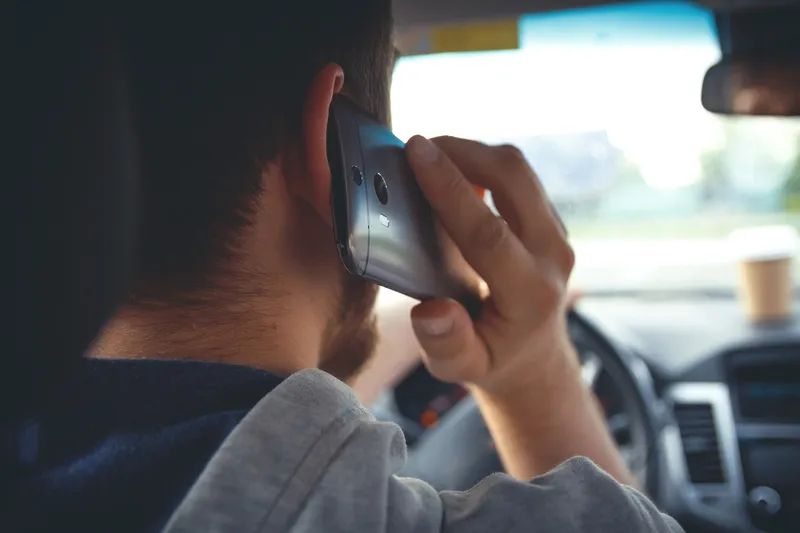AAA Michigan has said it strongly opposes legislation approved by the Michigan Senate late Wednesday (June 28) which, if approved by the House, would repeal Michigan's nearly four-decade old mandatory motorcycle helmet law.
April 19, 2012
Read time: 2 mins
Senate Bill 291 - approved by a vote of 24 to 14 - allows individuals 21 years of age or older to ride without a helmet if they have a medical policy of US$100,000 in place. A sunset provision was also placed in the bill which would automatically repeal the helmet law four years after the effective date of the bill – unless the legislature acts again. The bill also requires the Department of State to perform a study of accidents, injuries and fatalities during those four years – if the bill becomes law.
AAA Michigan says that repealing the current law will result in more motorcycle fatalities and injuries and higher costs for all motorists. An Office of Highway Safety Planning analysis found that a repeal of the law would result in at least 30 additional motorcycle fatalities each year, along with 127 more incapacitating injuries and $129 million in additional economic costs to citizens.
The








